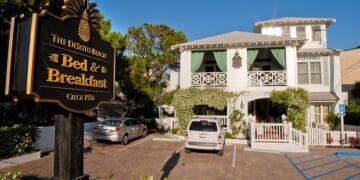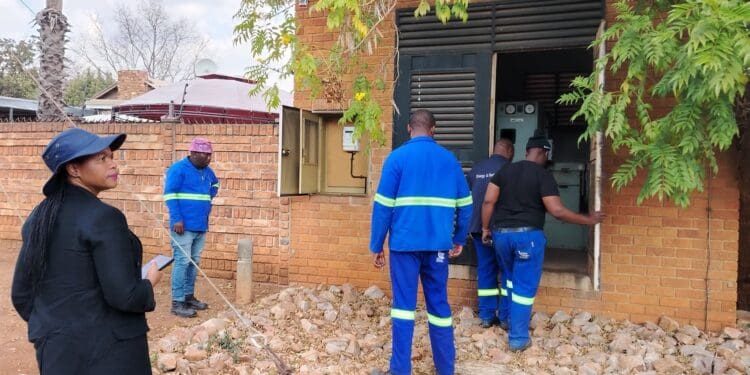The City of Tshwane’s revenue collection campaign Tshwane Ya Tima has intensified, leaving numerous businesses grappling with power outages due to unpaid electricity bills.
This initiative aims to recover a staggering R30 billion in municipal debts but has sparked significant backlash from the business community.
Tshwane Ya Tima targets defaulting businesses and institutions by disconnecting their electricity and water services.
Tshwane Mayor Dr Nasiphi Moya tweeted that the City had switched off several accounts owing over R25 million.
“We can’t fulfil our mandate to deliver services without funds. Please pay your municipal bills,” she said.
Most of the affected businesses are accommodation properties, particularly student housing operators such as Live Easy and City Living Properties. High-profile defaulters include the Tshwane University of Technology (TUT), which had a R5.8 million outstanding bill, and Sheraton Hotel in Hatfield, with an unpaid bill of R1.4 million.
One of the businesses affected is Botaki Ba Afrika, a hub for music, literature, and visual art, located on Arcadia Street.
Dr Moya highlighted the enforcement measures taken there.
“Our last location for Tshwane Ya Tima was in Arcadia Street. This property owes the City R2.1 million. They’ve also managed to illegally connect their neighbours. We’ve removed a well-designed illegal electricity network.”
Business community representatives shared insights on the campaign.
Chrys Haitas, executive director for Strategic Business Development at the Capital City Business Chamber (CCBC), underlined a more collaborative approach.
“Collection of revenue and paying for services is a critical step in ensuring proper service delivery and infrastructural upgrades by the City of Tshwane. We are in full support of measures taken to ensure effective revenue collection,” said Haitas.
However, she added that better communication should have been implemented.
“Various of these challenges have been referred to the city and successfully resolved through one-on-one meetings with the relevant department and the specific business involved.”
“It would have been smart to have first connected with them and discuss possible solutions.”
Haitas said many businesses are currently dealing with disputes on incorrect billing and incorrect meter readings.
John Dlamini, managing director of City Living Properties, said the disconnections hit his business hard.
“Many of our student tenants rely on electricity for studying and daily living, and the sudden blackout caused a lot of stress,” he said.
The City has defended the campaign, stressing that non-payment places a massive burden on the city’s ability to maintain infrastructure and deliver services.
“Big businesses must do the right thing; they must learn to comply,” said Dr Moya.
The City has also introduced a debt relief program offering substantial write-offs for businesses that settle outstanding amounts, aiming to encourage compliance and alleviate financial pressures.
Azwi@vutivibusiness.co.za























































